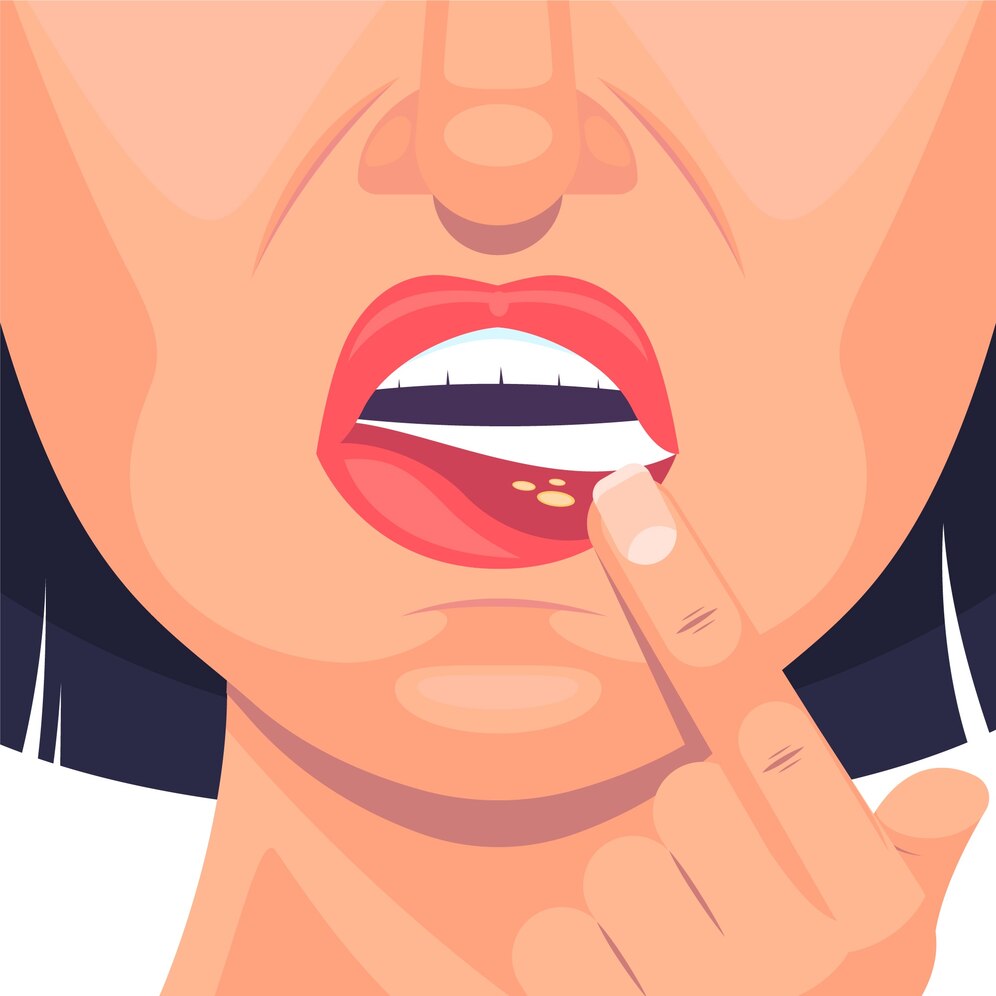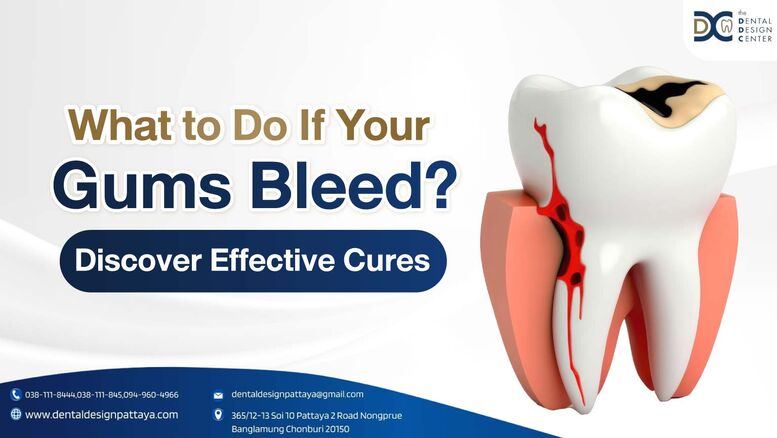Do your gums bleed when you brush your teeth or rinse your mouth? While you might think this is a minor issue, it’s your body’s way of warning you about potential oral health problems. In this guide, we’ll look at why gums bleed (a condition sometimes called scurvy), how to treat it, and simple ways to prevent it. Understanding and addressing this common problem will help protect your oral health and keep your smile bright and healthy.
What Causes Bleeding Gums?

Bleeding gums (also known as scurvy) can happen for two main reasons. The first is gum disease, particularly a common condition called gingivitis. The second is when your body doesn’t get enough vitamin C – an important nutrient that helps keep your gums strong and healthy. When you notice your gums bleeding, it’s often an early warning sign that something isn’t right with your oral health.
If you have doubts about whether a lack of vitamins causes bleeding gums, I can tell you that this problem can be caused by many factors, including:
- Tartar problems from the accumulation of plaque in the mouth
- In addition to vitamin C, a lack of vitamin K can also cause bleeding gums
- Brushing your teeth incorrectly or cleaning your mouth improperly
- Hormonal changes in pregnant or menstruating women
- Use of drugs that affect blood clotting, steroids, or other drugs that affect or have side effects on the gums
- Smoking and drug use
- Diabetes, because it makes the gums more susceptible to inflammation
- Hemophilia, which causes abnormalities in blood clotting
Effective Solutions for Treating and Preventing Bleeding Gums
Are your gums bleeding when you brush? Don’t worry – we’ve got you covered! In this guide, we’ll share proven tips and methods that stop and prevent bleeding gums. Whether you’re dealing with this problem now or want to avoid it in the future, these practical solutions will help protect your oral health.
Oral Health
Start with simple oral health care methods: brush your teeth properly and use fluoride toothpaste. Use dental floss to clean between your teeth to help reduce the accumulation of plaque and use mouthwash for thorough cleaning. Most importantly, brush your teeth at least twice a day, especially before going to bed.
Pay attention to your consumption
Eating affects your overall body, including your oral and dental health. For those experiencing bleeding gums, you should increase your vitamin C intake by eating vegetables and fruits high in vitamin C, such as oranges, guavas, or papaya, to strengthen gum tissue. You should also reduce or avoid foods high in sugar, which will cause more bacteria to grow. In addition, you should drink more water to wash away the bacterial plaque accumulated in your mouth.
Supplement your body with vitamins
In cases where bleeding gums is due to a vitamin deficiency, or what is known as “Scurvy”, you should supplement your vitamin C intake by taking a supplement or increasing the amount of vitamin C in your food, such as vegetables and fruits, such as oranges, Indian gooseberries, plums, gooseberries, blackcurrants, bell peppers, and cauliflower.
Behavior
Some daily behaviors can cause bleeding gums, such as smoking or even stress, which can also affect the symptoms. Therefore, you should avoid smoking because it will make your gum’s health worse and cause gum inflammation. Or in case of excessive stress, you should find activities or rest to relax because stress can hurt your oral and dental health.
Professional Dental Care
If you take good care of your oral health but still worry about potential problems with your teeth and mouth, the best way to ensure your oral health is to visit a dentist for a check-up and scaling every six months. Accumulated tartar under the gums can lead to issues such as bleeding gums.
For anyone seeking an evaluation of their oral health—whether it’s for a general check-up, dental scaling, or specialized treatments—Dental Design Center is here to help. Our clinic in Pattaya is staffed by knowledgeable professionals who are ready to provide comprehensive care and expert advice at every step of your dental journey. Feel free to contact us for assistance!
Summary
If you notice bleeding gums when you brush your teeth or rinse your mouth, it’s a signal from your body that shouldn’t be ignored. This could be an early sign of gingivitis or other oral health issues that may lead to more serious health problems.
To treat and prevent bleeding gums, maintain good oral hygiene and adjust your eating habits. Choosing nutritious foods ensures your body receives all the essential nutrients it needs. When your body is well-nourished, its systems can function at their best.

